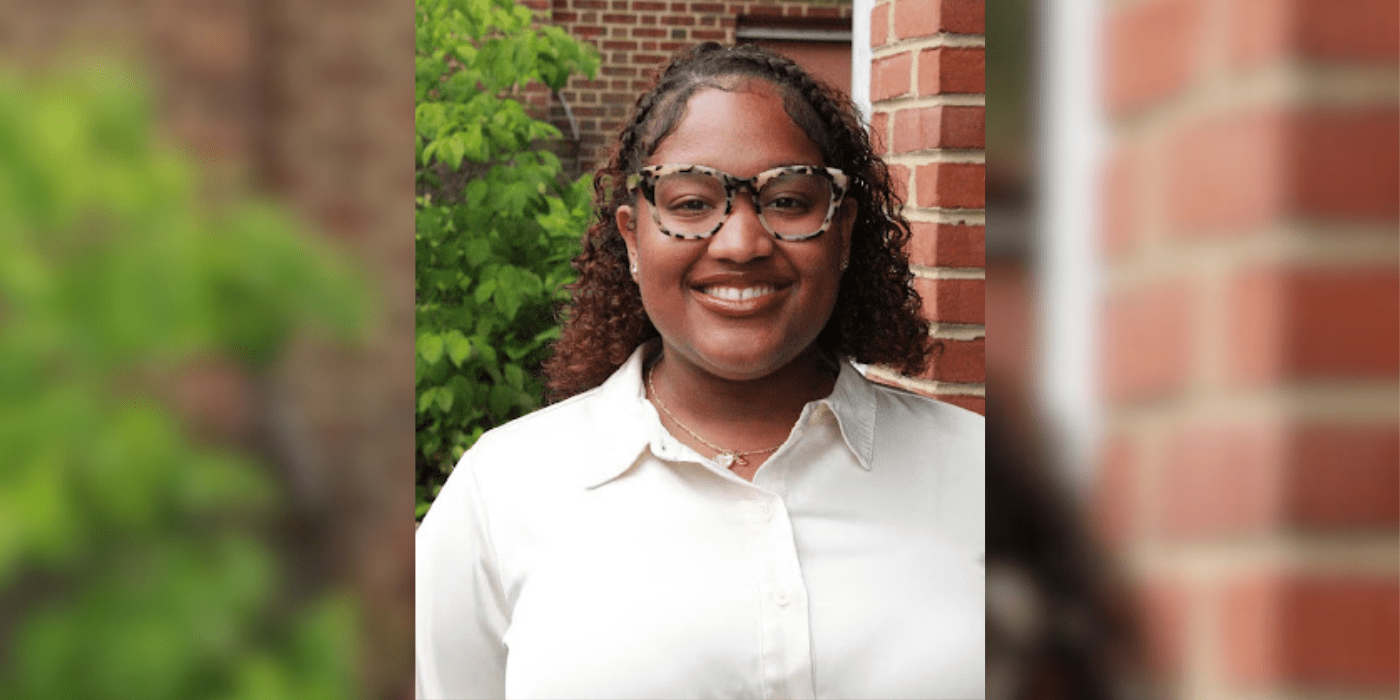
After a family member’s struggle with mental health during the COVID-19 pandemic, improving mental health became a personal passion for sophomore family science major Alisha Hussain, a 2025 Karabelle Pizzigati Fellow.
“That was the first time that my family had ever talked about mental health,” Hussain said. “My parents didn't entirely believe in it. It was the first time that we talked about what it meant to take care of yourself mentally.”
Hussain’s experience led her to the family science major, with a focus on marriage and family counseling and therapy. Her parents' initial hesitancy towards mental health made her think about other minority communities with similar sentiments about psychological health, and fueled her passion for the major.
Now 20, Hussain was born in Brooklyn, New York, and raised in Prince George’s County, Maryland. Her Caribbean heritage has informed her perspective as she’s completed courses in the family science curriculum.
“As a minority, you really see how the different topics and theories that we talk about manifest in your own community, and the more we know better, the more we can do better, which is why it's so important to me to learn these things,” Hussain said. “Wanting to move forward and break these cycles within our community is really important to me, and I think that I have a unique privilege as a family science major to learn these things firsthand and how to combat them, so that I can pass those tools down to other people in my community.”
Hussain describes family science, or family health, as a combination of sociology and psychology, where students study people and relationships and their connections to the world around them. She noted that family science helped her develop a stronger sense of empathy and understanding towards individuals from different backgrounds. Hussain’s favorite course so far has been “FMSC190: Man Up! Where Are The Fathers?” a class about masculinity which helped Hussain understand the male perspectives in her own life.
“Family science is a vital field because families are the foundation of society and the public's health,” said Anna Lacy, the Department of Family Science undergraduate program director. “Family science professionals identify strategies to build stronger relationships, ultimately contributing to a healthier society.
“Alisha is an incredibly bright and dedicated student,” Lacy said. “She demonstrates extraordinary initiative, consistently seeking out opportunities to learn and give back to her community. The Family Science major is lucky to have her in the program.”
This past summer, Hussain interned with AmeriCorps in the Generation Teach fellowship, working at public schools for eight weeks to combat the decrease in education opportunities during the summer for children. As well, Hussain is a part of the Black Student Union, the Maryland Gospel Choir and the Association of Black Public Health Scholars. She also leads as a Family Science Student Ambassador and member of Phi Upsilon Omicron Honor Society.
As an incoming Spring 2025 Karabelle Pizzigati Fellow, Hussain will continue to grow her skills working with children and directly in the communities she hopes to help.
It is so rewarding to do work when you’re passionate about the people and populations you’re helping.
“In my time as a fellow, I want to learn more about what kinds of policies and programs are being created to advocate for children. I’m most excited to actually get placed with an internship and get my hands dirty with advocacy work,” Hussain said. “It is so rewarding to do work when you’re passionate about the people and populations you’re helping. That is why the Pizzigati Fellowship is so important.”
Hussain emphasizes the importance of the study of family science, noting how it can help students develop a more broad-minded perspective of the world.
“Family science helps you to understand why people do the things that they do,” Hussain said.“It emphasizes how we all go through different things, and our experiences determine the way we react in different situations.”
- Sumaya Abdel-Motagaly